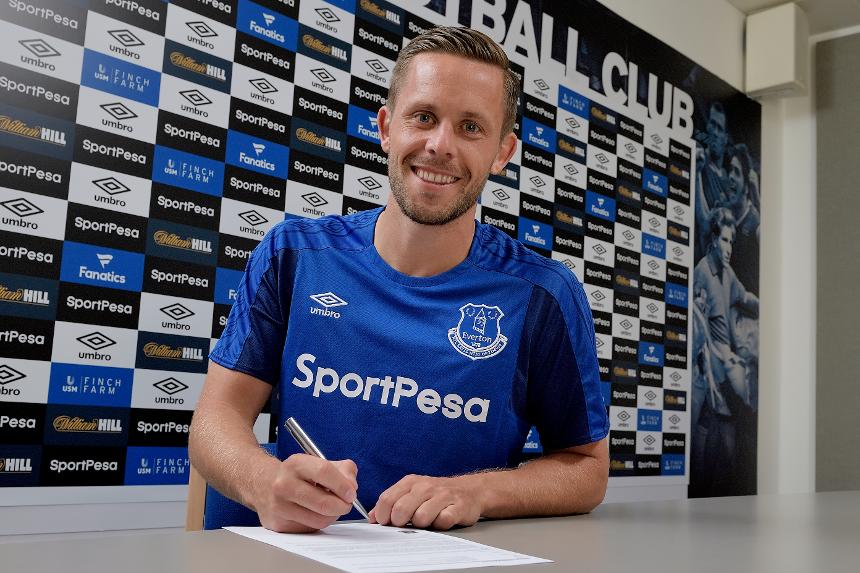Today, Premier League teams voted for the longer summer window to return, meaning the window will close on September 1st this year, rather than the day before the season begins as it did last summer.
The decision brings England back in line with the rest of Europe – whom the Premier League had hoped would follow suit following the trial period. As it is, the other leagues refused the change and now, normality will resume.
Pros of the longer summer window
For starters, bringing the Premier League back in line with the rest of Europe is by far and away the main positive to come from the longer window. When the English window closes before anyone else’s does, it leaves the Premier League clubs slightly vulnerable.
If the other leagues had have followed suit, I would have been all for this decision in the long-term, but as they haven’t, it’s not viable. When the rest of Europe are sniffing around your players and unsettling them, and you know if you sell you can’t replace them for five months, it’s tough.

READ MORE: Would any Manchester United players make it into the top four Premier League sides?
If the player in question decides they want the move, it can cause a real issue. You either keep the player and risk him causing disruption in the dressing room, or you sell him in the knowledge you’re unable to replace him. It’s VITAL that all of Europe close their window on the same day – just in the interest of sheer fairness.
Another positive of the longer summer window is that it allows the managers to take a look at their squad in the first two or three games of the season and get an initial look at the quality they’ve got, knowing they can still dip into the market if there’s a missing cog in the machine.
I have always liked that side of the September closing date. In pre-season you don’t get to see a true reflection of the ability you have in your side, so being able to see how they perform in a competitive environment and then having the ability to make more changes is a great thing for managers – at least you’d think.
Negatives of the longer summer window
Well, contrary to what I was saying above, plenty of managers have spoken in the past about preferring the window to close before the season starts because then they know their team and everyone’s settled and focused on winning football matches – without the drama of a lingering transfer saga weighing over them.
In that sense, having to play through the first few weeks of the season with potential drama lingering around isn’t good for the team. If you have an unsettled player who’s kicking up a stink in the media about his desire to leave, it can cause disruption in the dressing room.
In the early going of a season, you need harmony. Getting off to a good start is almost imperative to a good season and you want to give yourself the best chance to do so – at least if the window was already closed by then every member of the squad would be safe in the knowledge that they were there for the next few month at least.
As I mentioned earlier though, it only works if the window closes in all five of Europe’s top leagues at the same time. Closing the window before everybody else just makes it even harder to deal with a want-away player…
I’d like to one day see all of the top leagues in Europe band together and universally decide to close the window the day before the first game of the season in whichever country kicks off first. As it is, I can’t see that happening – at least for a while.
For more like this, visit our dedicated football page here. Meanwhile, follow us on Facebook for more opinions and analysis right to your timeline.
